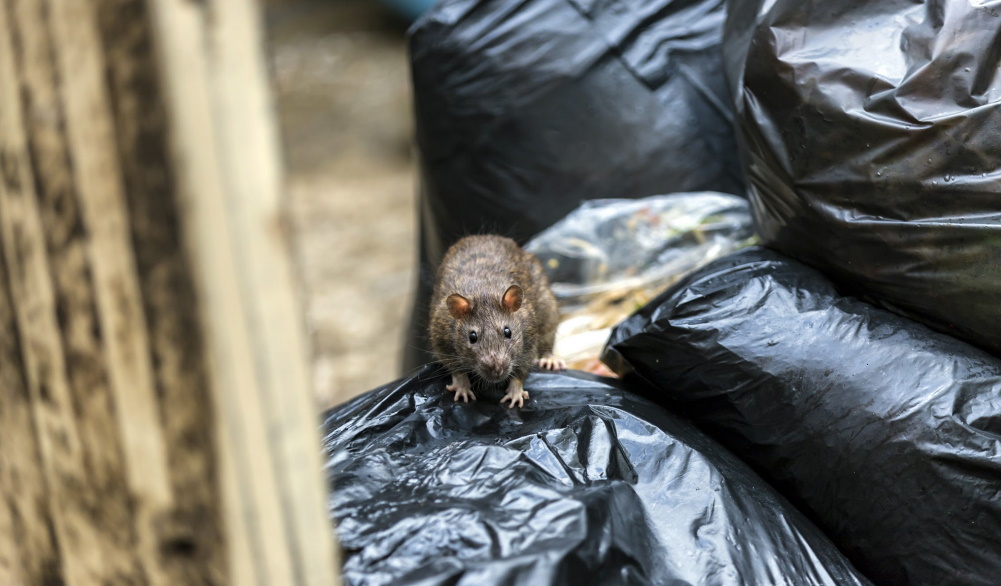A Homeowner's Guide To Keeping Pests Away
- Written by NewsServices.com

Having to deal with pests in your home is truly a burden. Pests like rodents, termites, cockroaches, and rats are just some of the long lists of pests that will undoubtedly creep you out. They invade your quiet home and will eventually damage your humble abode. Aside from that, they can also cause health hazards which might lead to more serious problems. Therefore, you want to make sure that your home is safe from pests.
Before you even notice pest build-up in your home, you need to ensure that you know what to do and apply the preventive measures to keep these destructing pests away. Doing so will ensure the safety and protection of not just your family but your home as well.
If this topic seems to particularly interest you, check out the six practical tips to keep your home safe from pests.
Hire A Professional To Do The Job
Some people opt to do the job themselves to save a few hundred dollars. This is certainly a good idea as professional pests control services can sometimes be costly. However, when you decide to do it yourself, this doesn't guarantee you a 100% effectivity in keeping pests away. There's always a big chance that pests might still infest your home without you knowing, especially when you've missed a few parts.
On the other hand, hiring professional pest control services near your area, such as Pest-Ex from Gold Coast are trained and reliable experts in this field, which can ensure you of a practical and effective solution to your dilemma.
Though this requires you to pay a reasonable amount, making sure that your family and home are safe is genuinely worth the cost.
Always Keep Your Home Clean
You need to keep in mind that pests love dirty and damp places. This is what attracts them to building their hiding spot in that particular area of your home. That being said, to keep them from penetrating those areas you need to make sure that your house is always clean and dry.
It'll be best to schedule a routine general house cleaning once a week to make sure that all the corners of your rooms are spotless. Vacuum all areas, even the deep-seated ones, and underneath the pieces of furniture. Doing so will ensure you that pests won’t want to stay there.
Don't Allow Water To Stand
As mentioned above, pests love damp areas. Mosquitoes even breed in stagnating water. Consequently, opening your home to mosquito-borne sicknesses like malaria and dengue. That's why it's of utmost importance to keep your home dry at all times.
Here are some tips that you can follow:
- * Empty the buckets in the bathroom when they're not in use.
- * Make sure that kitchen containers are properly wiped and dried after washing.
- * Never leave a container to catch all the water coming from your air-conditioning units. Instead, attach a hose that's headed directly to a drainage system.
- * Make sure to change the water in your flower vases every day.
Never Keep Vegetables And Fruits For Too Long
Rotten food like overripe fruits and vegetables attract pests like house flies. Though they may seem harmless, they can still bring bacteria into your home. Rotting fruits can also attract bigger pests like cockroaches and rats, which can be more challenging to get rid of.
That's why always make sure to never leave your fruits and vegetables out in the open for a long time. Instead, store them inside the fridge. Also, properly throw away rotten fruits and vegetables to keep away rats and cockroaches from invading your home.
Dispose Of Your Garbage Properly
Daily garbage disposal is a must for every home because the accumulation of garbage inside your house can lead to flies, cockroaches, and rat infestation.
Additionally, rats might drag away this garbage around your home, which can be very hazardous when picked up and eaten by small children.
Install Nets On Possible Openings
It'd also be best to make sure that there's no opening in your home where these pests can enter.
You can install a screen net on your windows, doors, and drainage system. This way, you can ensure that there will be no mosquitoes, flies, rats, and even cockroaches entering and residing with you inside your home.
ConclusionHaving pests inside your home is truly a struggle, and total pests' extermination can be really challenging the moment they've massively infested your home. That's why you need to do effective ways to prevent this from happening.
Certainly, keeping your home clean and dry is the main key takeaway to keep your home away from pests. Always make it a habit to declutter your home and get rid of possible attractants. When things get out of hand, hiring a pest-control specialist can truly be a game-changer for you to achieve the best results.
Considering the six effective tips stated above will undoubtedly ensure you a pest-free home.


















